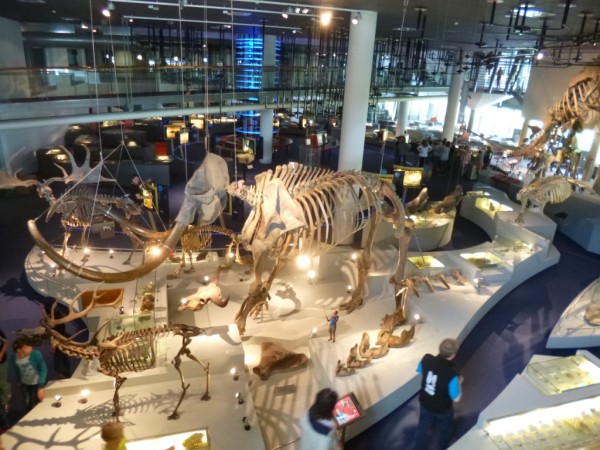I’ve had a couple of conversations over the past few weeks that haven’t gone so well. The common theme has been someone wanting to do something new, unplanned, or otherwise out of the ordinary, and I fear that they’ve taken my reaction as being lukewarm at best, road-blocking at worst. I really don’t mean to be!
At my previous workplace, I did a DiSC profile – for those that haven’t come across it before, DiSC characterises your preferences and behaviours across four dimensions:
- Dominance: emphasis on shaping the environment by overcoming opposition to accomplish results
- influence: emphasis on shaping the environment by influencing or persuading others
- Steadiness: emphasis on co-operating with others within existing circumstances to carry out the task
- Conscientiousness: emphasis on working conscientiously within existing circumstances to ensure quality and accuracy.
People who score strongly in Dominance and influence tend to like to act quickly, get things done and influencing others. They are comfortable with risk. In contrast, people who score highly in Steadiness and Conscientiousness like to take their time and consider all the options before acting. They don’t like risk so their thinking is framed by how to control it.
The ever-insightful Paul Bowers described high DI people as Diaz, and high C people as Cody. He wrote:
Diaz is biased to action, to get on with it, make radical change. Cody is motivated to keep everything steady. Diaz is starting fires; Cody is fireproofing everything.
So when I did my DiSC profile, I found that I was strongest in Conscientiousness and Steadiness (I’m a big old Cody!). On a good day this makes me calm, considerate, loyal, and systematic in my approach. However, I’m not comfortable with new variables entering the equation, particularly if I don’t have the time to think through all the possibilities and impacts. I hate making decisions on the spot. I’m not someone who trusts my gut. This nervousness can be interpreted as resistance, when what is really going through my head is:
- what problems might we encounter doing [X], and how might we work around them? (This is “how” thinking, not “no” thinking)
- who needs to be consulted, and will feel angry or upset if a decision is made without them?
- how will [X] be interpreted by others, and will it seem rational and defensible? Will I inadvertently be setting a problematic precedent?
- what if I say yes now and I find out something later that means it simply can’t happen? I’ll be going back on my word and I hate letting people down.
Notice in the definitions above, that both Steadiness and Conscientiousness refer to within existing circumstances. As much as I admire (and envy) the bold types who can say Yes to that crazy idea today and figure out how to do it later, I naturally tend towards colouring within the lines.
I wish I were more adventurious, and I like working with “Diaz” types (if I trust them). They give me the gentle push I need, and I help them by being the person who does all the systematic thinking and analysis needed to make the crazy idea actually work.
In the meantime, I’m working on how I can manage myself in the moment that a new idea comes up so I don’t come across as inadvertently negative.

It seems we need a couple of Diaz’s and a lot of Cody’s. I’m guessing that Fonald Trump and a lot of Federal Politicians are Diaz’s and the Cody’s run around picking up the pieces. Mind you if we were all Cody’s perhaps nothing would ever change.
This is a really great framing, Regan! I’m a Cody and spend a lot more time than I would like doing clean up because I didn’t consider all the dot points you listed. This has been really helpful for me in thinking through my own process.